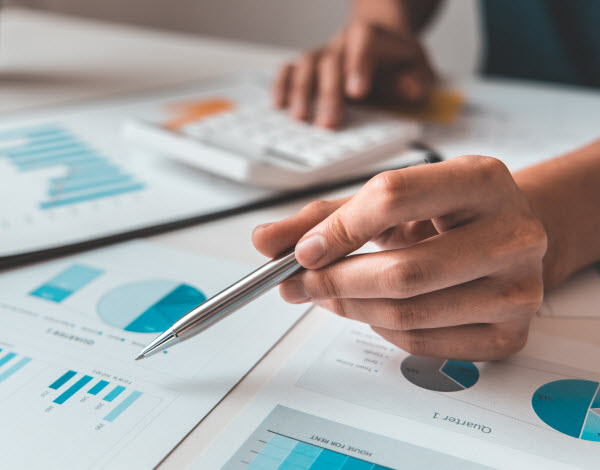
Yield means to produce or furnish (payment, profit, or invest).
When it comes to investing and wanting a high yield, the term means investments that offer a high return or profit.
Here are some tips for understanding high yield investments and whether they’ll work for you.

Investment overview
Shares, bonds, mutual and exchange-traded funds, bank products, annuities, retirement and property are all examples of investments. In Australia, most of us contribute to a retirement fund, but various funds offer varying degrees of yield and return.
The yield of an investment is the income the asset generates, measured annually and usually as a percentage. The return is the currency value the investment has earned over time.

High yield investments - what they mean
Investing is a way to grow your financial wealth. Most people invest for retirement, as a forced saving or to use in an emergency. High yield investments are designed to deliver those returns sooner than a low-risk, low-return investment. Although high yield investments offer impressive returns, they involve a significant credit risk that you must consider. Usually, high yield investments are based on a fixed income with a higher interest rate in exchange for increased risk.
High yield investments tend to be popular when central banks lower interest rates. The opposite is true when an economy faces a recession, as investors tend to select safer and more reliable investments with higher credit ratings.
Types of high yield investments
Types of high yield investments vary from cash to cryptocurrency. The type of high yield investment to choose will depend on your investment goal. Some high yield investment options are:

High yield savings accounts
These accounts deliver higher returns based on the regular amounts you contribute. High yield savings accounts are a great way to make your money work for you involuntarily.
Security investments
Security investments (also known as Certificate of Deposits) are a great option as not only a high yield investment but also a forced saving. Typically, Security Deposits require the investor to deposit money in a fund for a term – usually three months to five years. Withdrawing the funds from a Security Deposit generally incurs a penalty, so speaking to us about the best type of Security Deposits and the contribution amount – whether as a lump sum or paid in increments – is vital.

Money market accounts
These accounts are another way for cash to earn rather than lying dormant and are a great way to keep your money away from the effects of inflation.
Stocks
These are more popular investment assumptions when discussing high yield investments. Investing in stocks is essentially buying small pieces of ownership in publicly listed companies. These are generally larger corporations and your yield is based on the company’s share performance.
Exchange Traded Funds (ETFs)
According to Investopedia, an Exchange Traded Fund is a type of pooled investment security that operates much like a mutual fund; however, ETFs will track a particular index, sector or commodity. Stock can be bought or sold on a stock exchange multiple times per day, compared to a mutual fund which can only be traded once daily after the market closes.

Property
Property investment can offer significant high yield returns, especially when mortgage rates are low. Whether investing long-term or buying to fix up and sell, be sure to do your research about land and property taxes to make sure you don’t lose on the swing what you may be gaining on the roundabout.
Fintech
Fintech is the latest investment option to enter the market. This could include Fintech or digital disruption companies listed or those that offer high yield returns on assets like cryptocurrency and real estate.
Should you consider a high yield investment?
When choosing to invest, we recommend diversifying your portfolio. These options include low-risk, long-term contributions and high yield, high risk investments but would depend on the type of investor you are and what capital you have to invest.

To discuss your financial options and whether a high yield investment is suitable for you, speak to one of our financial planners. Our financial service includes advice on:
- Budgeting
- Debt management/debt reduction
- Superannuation
- Retirement planning
- Asset finance
- Direct share portfolios and research
- Investments
- Property investment advice
- Personal and business insurance
- Risk insurance
- Aged Care Advisory Services
Read more financial advice blogs.
